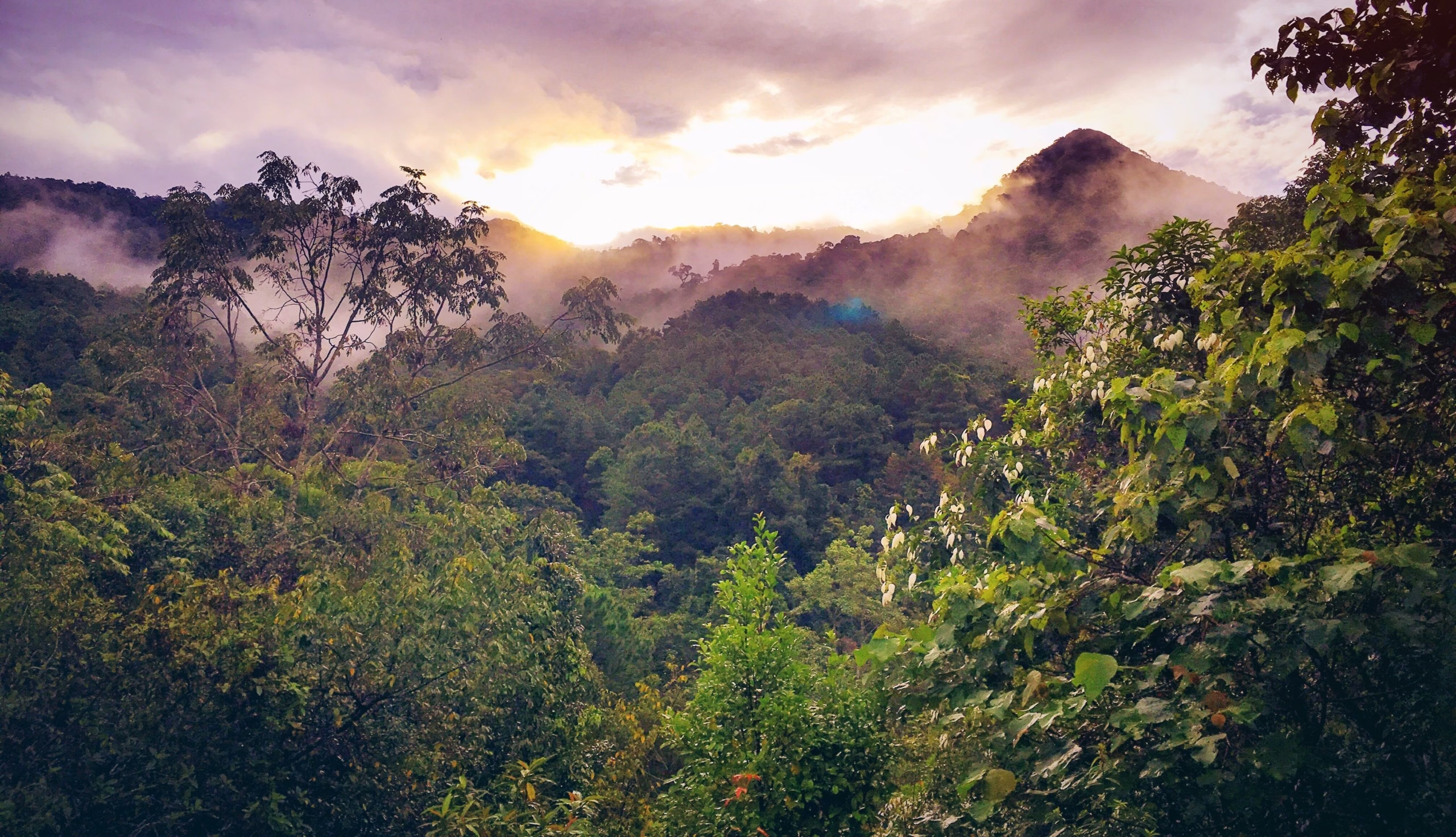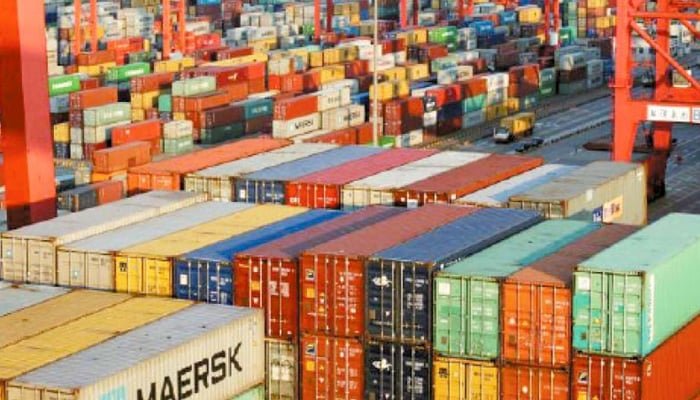A carbon markets investor supported by Swiss trading house Mercuria announced Wednesday the launch of a $1.5 billion initiative to safeguard the Amazon rainforest. The campaign, called the “Race to Belém,” collaborates with two non-profits—Conservation International and The Nature Conservancy—and partners with Brazilian states, farmers, and local communities.
Named after the host city of the next global climate summit in November, the initiative aims to sell carbon credits linked to preserving the Amazon, the world’s largest rainforest. This effort is spearheaded by Silvania, a $500 million nature and biodiversity investment fund, marking its first large-scale project.
The plan seeks to overcome criticisms of past conservation efforts by involving all levels of government, farmers, and local communities, ensuring that the project’s real-world impact spans a larger geographical area.
This launch follows last year’s record-breaking global temperatures, which brought the Amazon closer to becoming a net emitter of carbon emissions. The project also coincides with concerns over weakened corporate and governmental climate commitments, exacerbated by the recent U.S. withdrawal from the Paris Agreement.
Speaking at the project launch in Tocantins, Race to Belém CEO Keith Tuffley expressed hope that other Brazilian states would join the effort, surpassing the initial $1.5 billion funding target. “Private sector engagement is now more critical than ever,” Tuffley stated at the World Economic Forum in Davos. “This initiative emphasizes the urgent need for transformative private investments to combat climate challenges.”
Silvania has committed $1 upfront to participating states for every ton of credits purchased, with an initial funding cap of $100 million. These credits, categorized as Jurisdictional Reducing Emissions from Deforestation and Forest Degradation (JREDD+), offer a more comprehensive environmental impact assessment due to their broader baseline reference areas compared to traditional REDD+ projects.
Conservation International CEO M. Sanjayan highlighted the historic importance of the initiative: “This is a generational opportunity to reverse the economic drivers of deforestation. The decisions made this year will define Amazonian protection for decades.”
The program will roll out in phases over three to five years, with the potential to deliver hundreds of millions of tons of carbon savings, signaling a transformative step in global conservation efforts.



